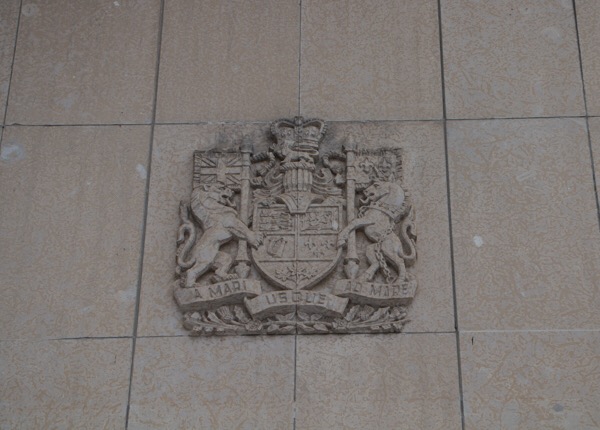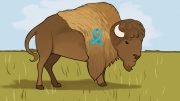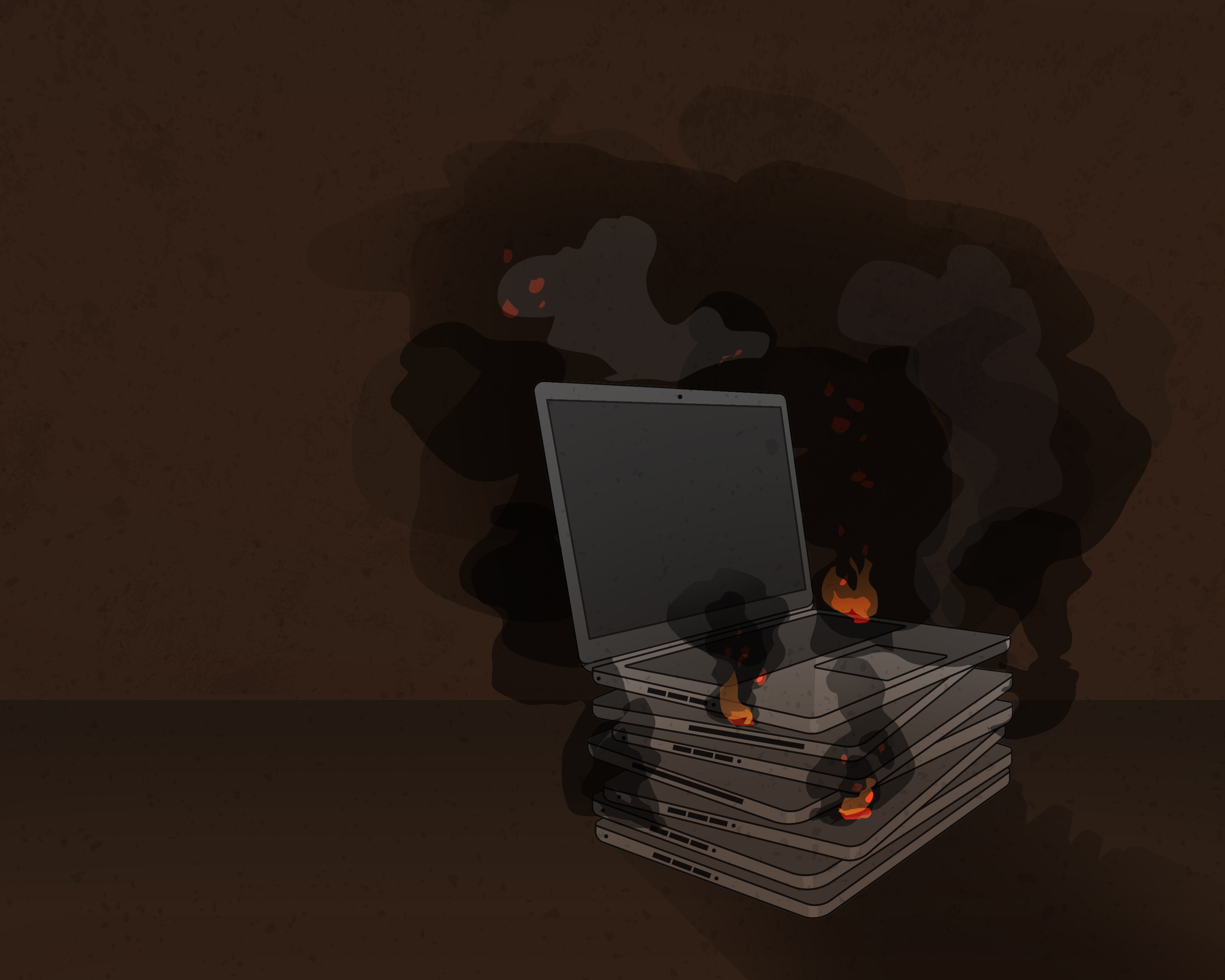Niki Ashton, NDP MP for Churchill-Keewatinook Aski, echoed some Manitoba First Nations’ calls for military support on reserves overwhelmed by rising COVID-19 cases.
In Manitoba, approximately 10 First Nations are in at least partial lockdown, and many are struggling as increasing numbers of children and support workers are getting sick.
Ashton suggested the armed forces could assist with operating checkpoints, delivering food and providing more nurses.
“In these First Nations, a lockdown means you can’t leave your house,” she said.
“So, somebody has to bring groceries, somebody has to bring medication for people who are sick with COVID, somebody has to check up on people on a regular basis […] to see what they need. In these communities, they have so few front-line workers to go around, so […] the few people that were still doing the work were getting very overwhelmed and that’s what the community kept saying.”
Ashton said she has contacted the minister of Indigenous services and minister of defence, and although they have made no commitment to send military aid, they have committed to sending more “front-line resources.”
“But this was only after [a significant portion] of the community was already infected and there were concerns that it was going to spread further,” she said.
“The call for the military […] basically shook the federal government up and they realized that they needed to respond to the community in a much more substantive way and ultimately they did. Of course, we are not out of the woods yet, we know that cases are going up in other communities across the region and I have heard from leaders who’ve said […] if things do get out of hand, [they] may need more help, including the military’s support.”
Reserves in other provinces have recently received military assistance.
Bearskin Lake First Nation in Ontario has faced a state of emergency since the end of December as at least 200 of the 400 people living there have been infected.
On Jan. 8, after repeated calls for military intervention, the federal government sent four Canadian Armed Forces members to assess the situation and Indigenous Services Canada reportedly allotted $1.2 million in financial aid for the reserve.
However, residents of the community say they are “disappointed” by the response.
“Our community was anxiously waiting for help, and we were comforted by the thought that Canada would step in to provide us with much-needed physical and moral support. In the end, however, this help has been minimal,” said Bearskin Lake Chief Lefty Kamenawatamin in a statement.
Ashton said it’s “very concerning” that Bearskin Lake did not receive sufficient support.
“This is not a public relations campaign,” she said.
“When communities during a public emergency are calling for help, they need help, they know best what’s happening on the ground. It’s very cynical of the government to, first of all, take a number of days to respond and only respond when public pressure was significant and then to respond with fewer people on the ground than what was needed.”
Ashton said “the military has played a key role” in many reserves throughout the pandemic.
“But what we’ve seen in this wave is the government has been more reticent to respond and to respond appropriately,” she said.
The military’s health resources are already spread thin with defence department spokesman Daniel Le Bouthillier saying the Canadian Forces Health Services’ “strength has decreased to the point where it can only fill 60 per cent of its mandated tasks.”
According to the Manitoba First Nations COVID-19 pandemic response coordination team, more than 75 per cent of First Nations in Manitoba have active cases of COVID-19 as of Jan. 11 and one quarter of all hospitalizations were Indigenous people as of Jan. 6.





